What to Look for in a Commercial Asphalt Contractor in Murfreesboro, TN
Highlights
- What to look for in a commercial asphalt contractor in Murfreesboro, TN
- Key phases of commercial lot repaving and how to evaluate bids
- How climate, drainage, and use affect material choice and longevity
- Common mistakes to avoid during site prep, base construction, and overlay
- Maintenance strategies to extend the life of a newly paved lot
- Regulatory, ADA, and cost considerations for a commercial paving project
Finding and Vetting a Commercial Asphalt Contractor
When selecting a contractor to repave your commercial lot in the Murfreesboro area, business owners often ask: How do I know I’m choosing someone reliable and capable? Start by verifying that the contractor is fully licensed, bonded, and insured, and ask for documentation. Check whether they have experience specifically with commercial lots (as opposed to residential driveways). Also, ask for a portfolio of past work in the region, especially projects with similar traffic volumes or load profiles.
According to the
National Asphalt Pavement Association, you’ll want to ensure that the contractor has adequate heavy equipment (pavers, rollers, milling machines), trained crews, and a project manager who handles scheduling, quality control, and site safety. Ask whether they handle all phases—from excavation, base prep, drainage, paving, striping, and cleanup—or if they subcontract parts of the job. Clear communication, transparency in pricing, and detailed written proposals with line‑item breakdowns are also key red flags or green flags.
Fun Fact
Asphalt is one of the most recycled materials in the U.S.—old asphalt from a project can be reclaimed and reused in new mixes, reducing waste and lowering cost.
What Does Full‑Scale Commercial Lot Repaving Entail?
One common question: what stages does the contractor need to handle, and what should I watch for in the bid? A well-executed commercial repaving project typically includes:
- Site evaluation & survey — assessing existing pavement conditions, subgrade strength, drainage, and utility conflicts
- Demolition/milling — removal of deteriorated surface layers or full-depth removal if needed
- Base repair or reconstruction — stabilizing the subgrade, adding or compacting base material (crushed stone, aggregate)
- Drainage design & grading — establishing positive slope and directing runoff to proper inlets or storm systems
- Asphalt paving — applying one or more layers of hot-mix asphalt to specified thickness
- Compaction and finishing — properly rolling and cooling to achieve density
- Striping, signage, and finishing touches — including ADA compliance, wheel stops, and markings
- Quality assurance and warranties / post‑project inspection
A strong bid should clearly describe each phase, specify asphalt mix (thickness, binder type), show proposed grading or drainage modifications, and include allowances for unforeseen conditions (e.g., soft spots in the subgrade). Don’t accept vague proposals that simply say “pave over what’s existing.”
Climate, Drainage & Material Considerations in Murfreesboro
A question clients often raise: how much does climate, water, and use affect material selection and design? In Middle Tennessee, where Murfreesboro is located, seasonal fluctuations of heat, rain, occasional freeze/thaw cycles, and heavy traffic loads all exert stress on pavement. Poor drainage is one of the biggest enemies of asphalt—water that sits reduces binder strength and drives cracking. According to Asphalt Magazine, commercial lots must be designed with proper slope (typically 1–2% or better), catch basins or curbs, and side drains so that no ponding occurs. The asphalt mix must be suited for local conditions: using a binder grade appropriate for temperature extremes, aggregates that resist polishing and degradation, and sometimes polymer-modified or performance-modified mixes for heavier use zones (loading docks, dumpster areas). A thicker structural section may also be needed under high stress zones. In wet or low-quality soil areas, geotextile fabrics or stabilization layers may be used. Because asphalt is flexible, it can tolerate minor soil shifts, unlike rigid pavements, though the base must be stable.
Fun Fact
A single lane-mile of 2‑inch asphalt overlay requires around 1,320 tons of hot-mix asphalt, illustrating how much material large-scale jobs actually use. (This number depends heavily on width, thickness, and mix).
According to Grandview Research, delaying design can also lead to conflicts: parking layout, ADA spaces, lighting, and permitting requirements may need coordination with civil engineering or municipal approvals. Early engagement gives your contractor time to test subgrade soil, adjust the design, and order materials. A rush job done under suboptimal conditions (cold mix, wet ground) can lead to premature failure. So don’t wait until summer’s end; engage your contractor early in the year.
Maintenance and Long-Term Care After Paving
One final frequent concern: once the lot is paved, how do I preserve the investment? Even the best commercial pavement can degrade if neglected. Key maintenance steps include:
- Sealcoating every 2–3 years to protect the surface from UV, water, and oxidation
- Prompt crack sealing or patching before small cracks expand
- Regular sweeping or cleaning to remove debris, sand, salts, and oil spills
- Re‑striping and ADA compliance updates over time
- Periodic inspection of drainage and ponding to detect new issues
- Overlay or resurfacing when fatigue appears, typically after 15–20 years in many cases
Those measures significantly extend pavement life. Asphalt also allows relatively easy repair and resurfacing without full removal—one of its advantages over rigid pavements. Another helpful tactic is documenting the as-built elevations, drainage plans, and mix specifications so any later repair work aligns seamlessly with the original design.
Frequently Asked Questions
How far ahead should I plan and schedule a commercial paving project?
In Murfreesboro’s climate, the prime paving months are typically spring through early fall, when temperatures are reliably warm and less rainy. Many asphalt plants reduce operations or close during deep winter. To secure a good contractor, materials, and an ideal weather window, you should plan at least 3–6 months in advance. This allows time for permitting, site survey, design, budget approval, and any subsurface utility or drainage work.
How long will a commercial asphalt lot last?
With proper base construction, drainage, and maintenance (sealcoating, crack repair), a well-done asphalt commercial lot can last 15 to 25 years or more under moderate use.
How much downtime should I expect during a commercial paving project?
For most standard commercial lots, the repaving process—from demolition to final striping—can take anywhere from 2 to 7 days, depending on the size of the lot, weather conditions, and whether full-depth reconstruction is required. Add a few extra days for curing, stripping, and re-opening the lot in phases. To minimize disruption, many contractors offer night or weekend paving options, especially for businesses that can’t afford full closure during operating hours. Always discuss scheduling and access plans with your contractor in advance to avoid delays or business interruptions.
Choosing Advance Paving Co. INC
Repaving a commercial lot in Murfreesboro is a significant investment—not just in materials and labor, but in your property’s functionality, safety, aesthetics, and longevity. In choosing Advance Paving Co. INC, you want to ensure they offer more than just paving: you need a full-suite contractor who handles base prep, drainage, compaction, striping, ADA compliance, and post-project quality control. By asking detailed questions, comparing line-item proposals, and assessing not just price but workmanship and warranty, you can select a contractor whose performance backs their promises. When done properly—with solid subgrade, appropriate asphalt mix, reliable drainage, and a clear maintenance plan—a commercial lot can serve reliably for decades. But poor decisions or shortcuts in site prep or drainage intentions almost always catch up with you in costly repairs. That’s why your contractor must be transparent, experienced, and committed to long-term results. If you're in the planning stages, now is the time to reach out. Initiate site evaluation, request detailed proposals, and compare not just cost but scope, materials, and guarantees. Whether Advance Paving Co. INC or another capable local contractor, aim for a partner, not just a bidder. A well-paved, durable, and functional parking lot or commercial surface is more than an expense — it’s a long-term investment in your property’s value and reputation.

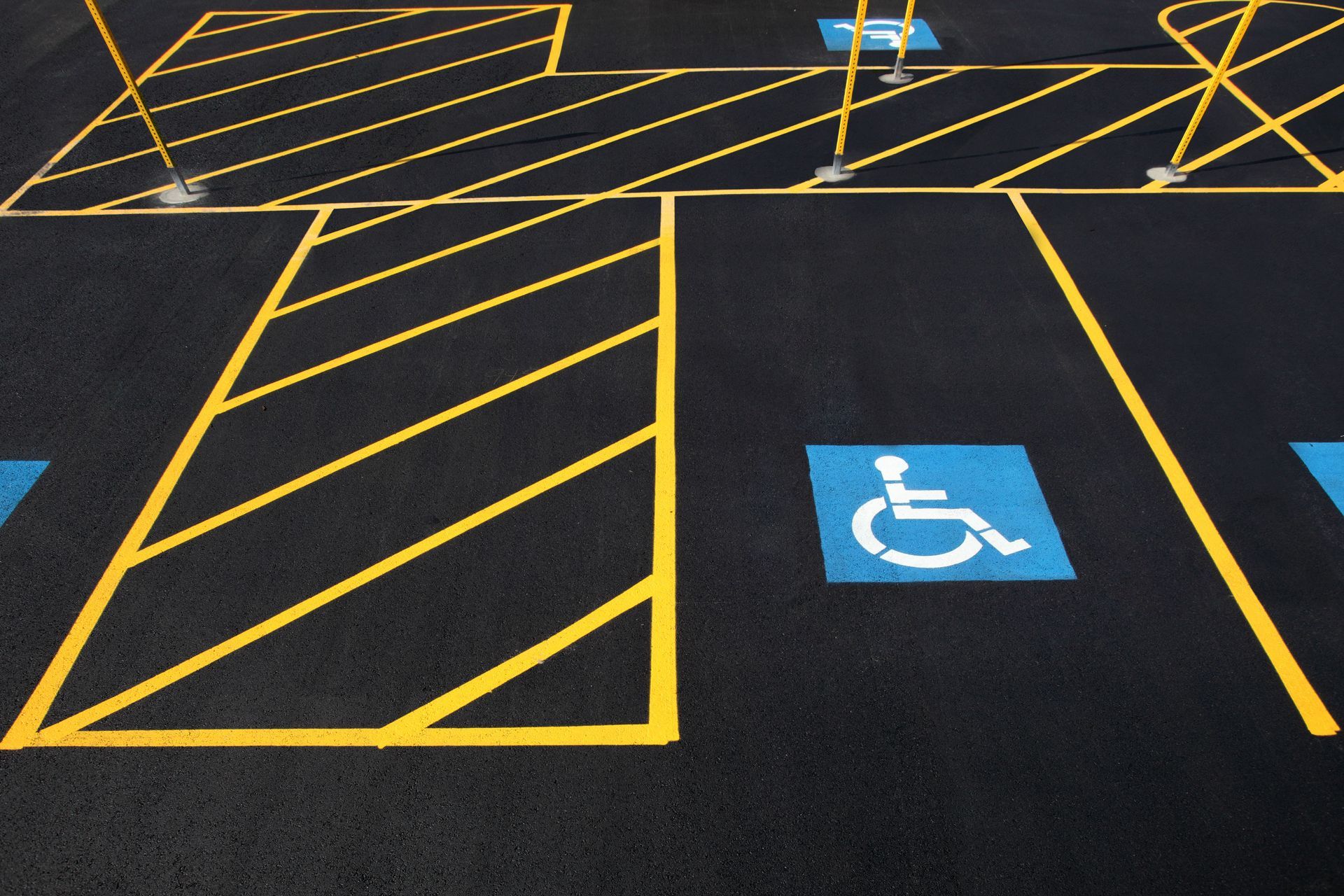
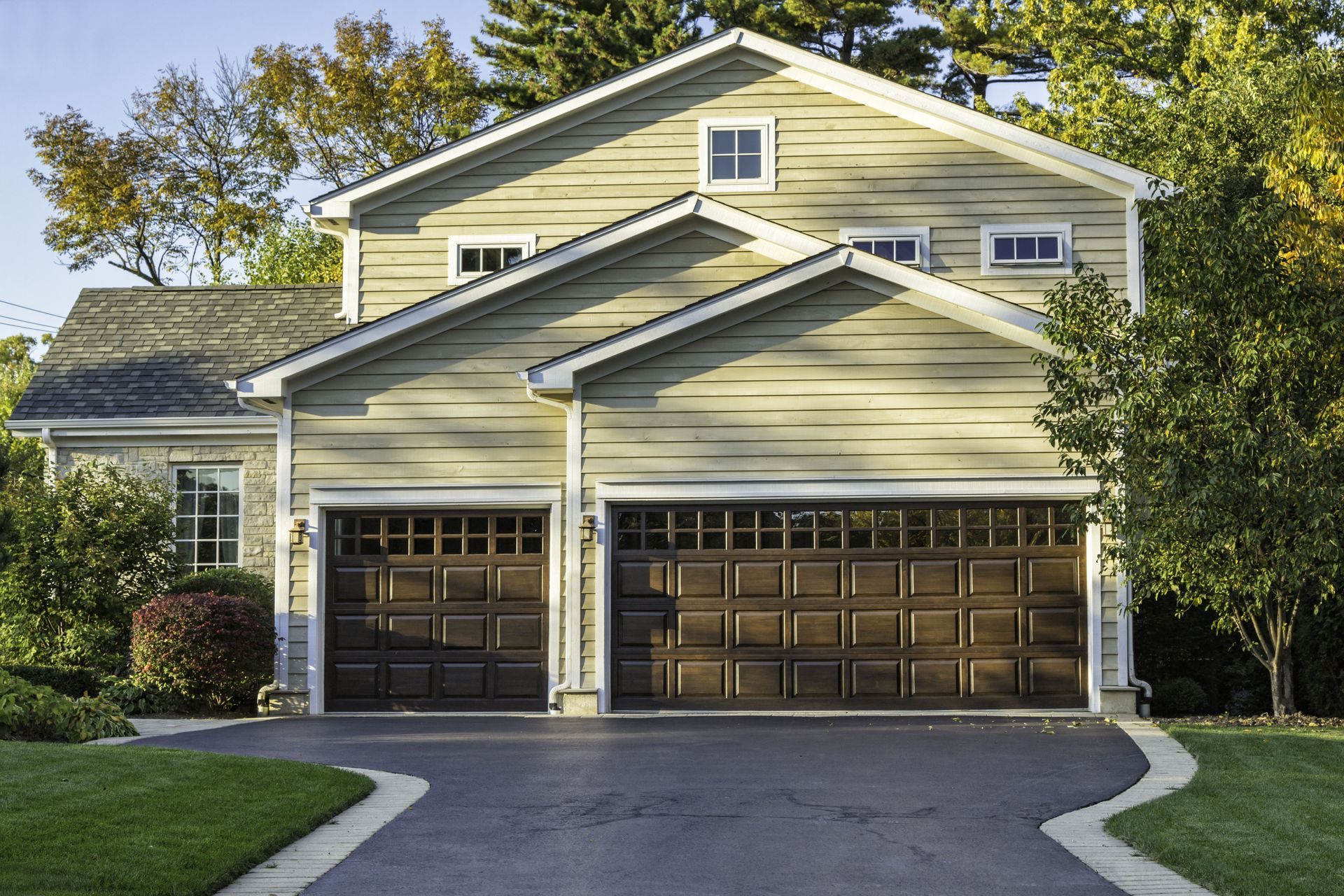
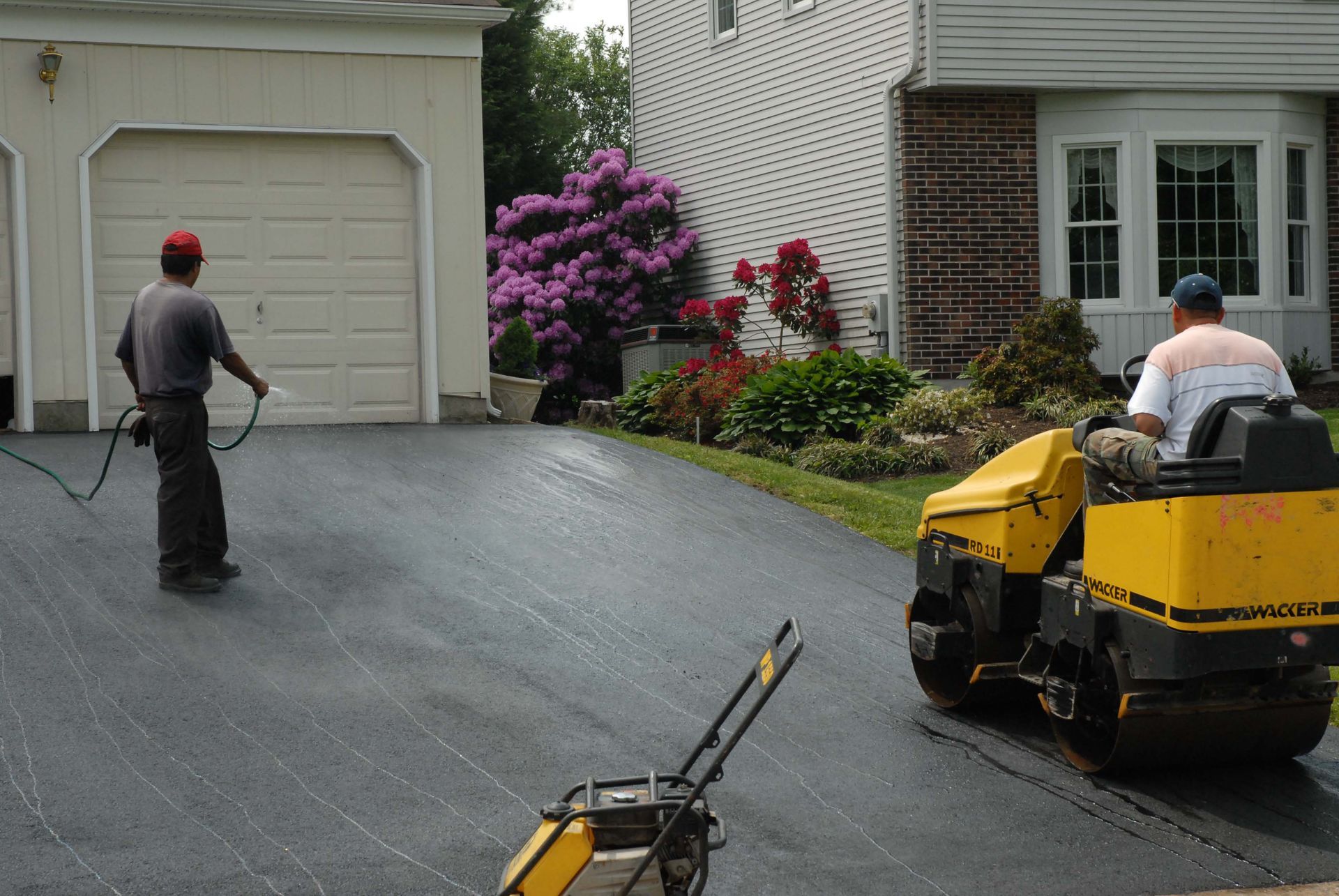

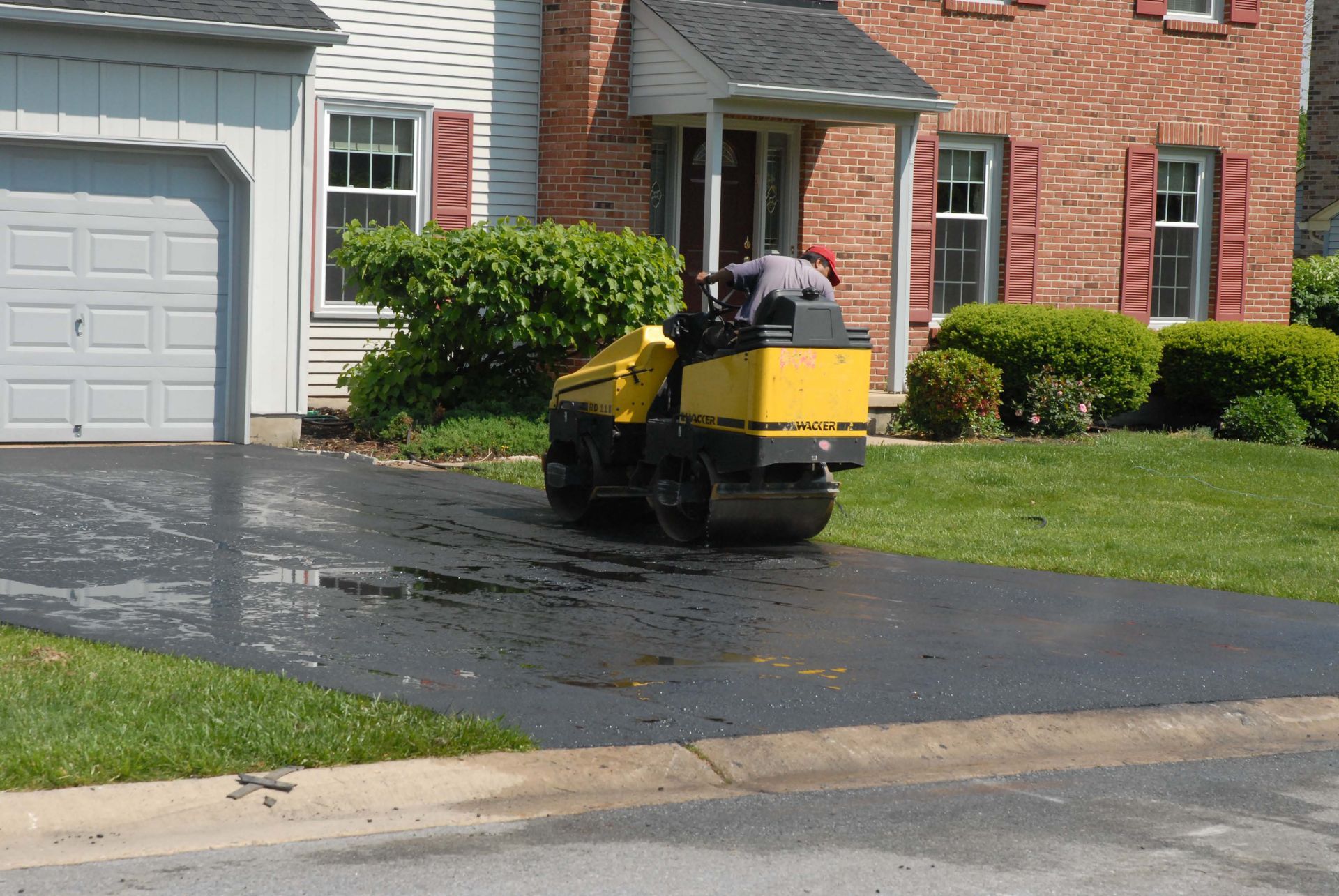
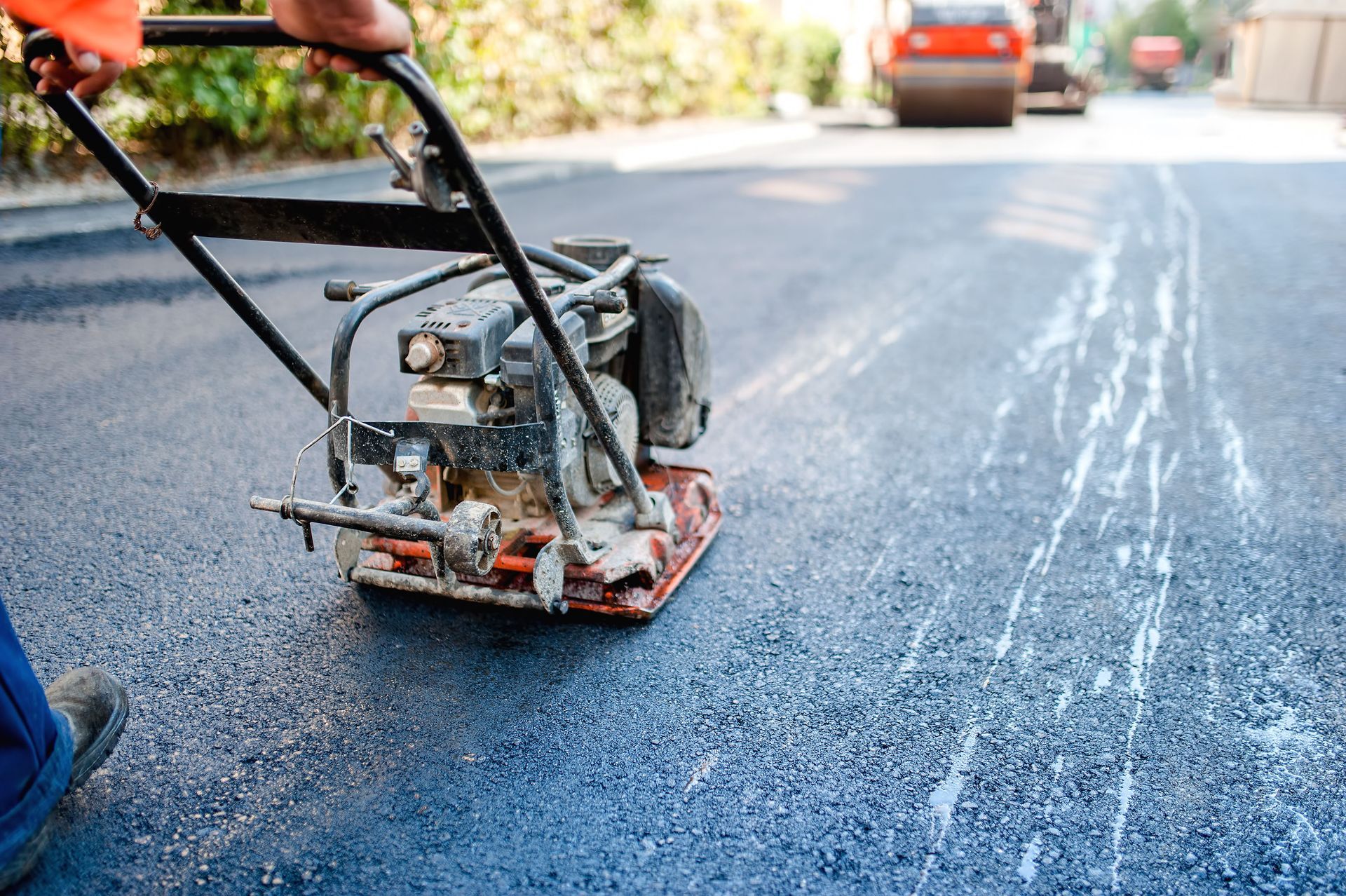
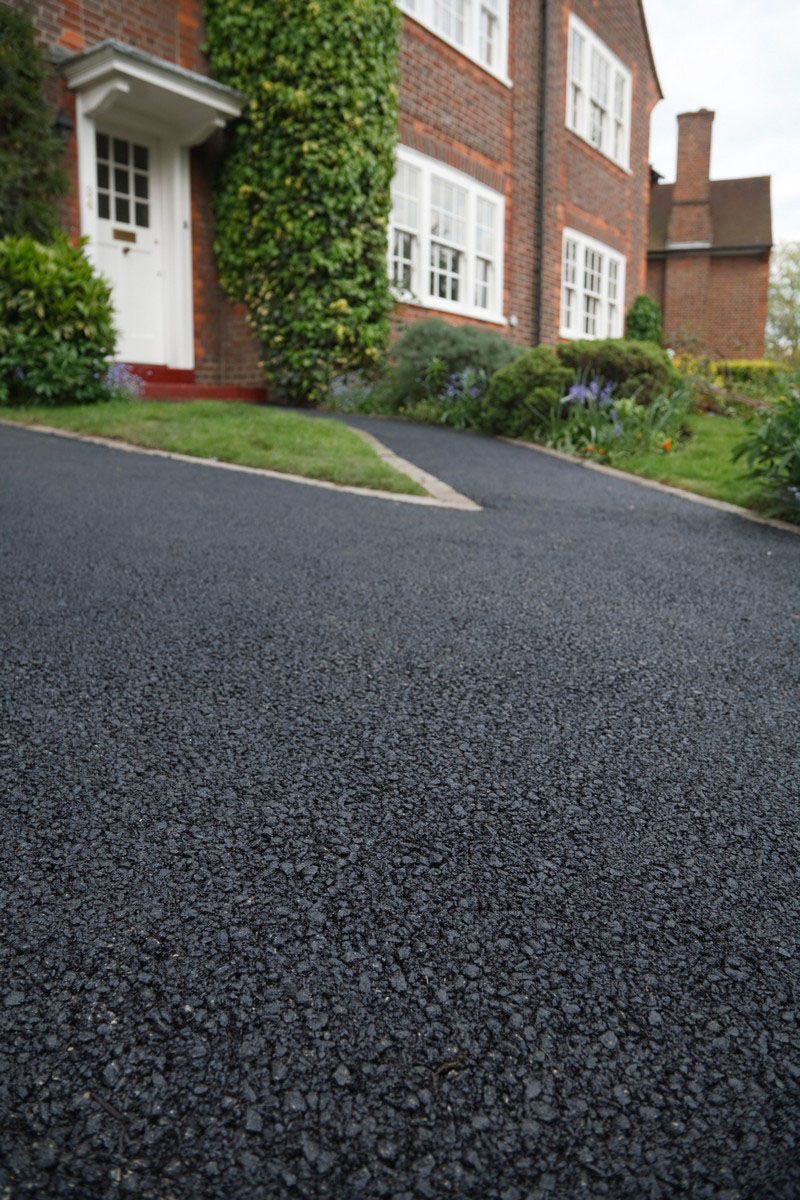
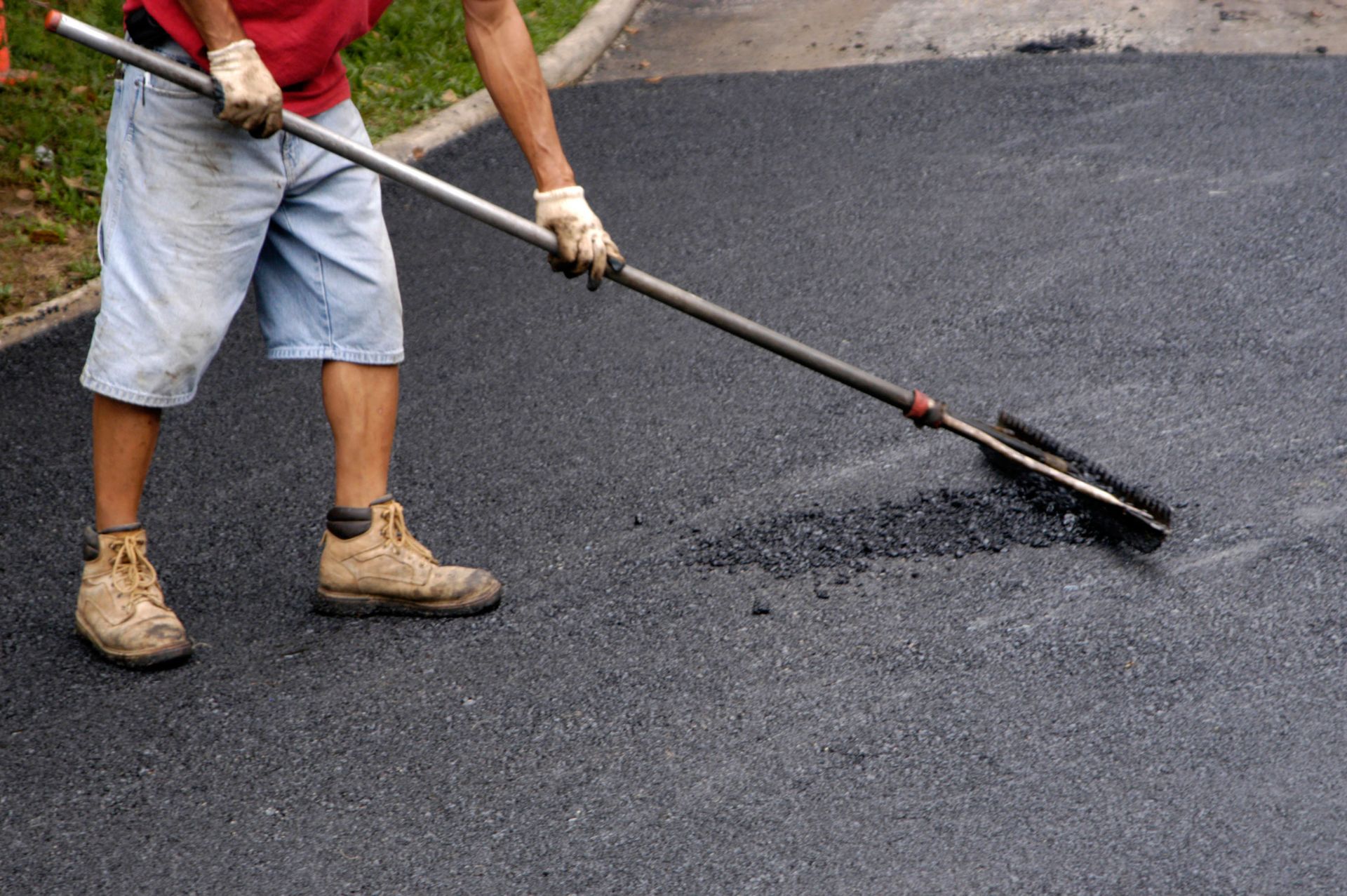
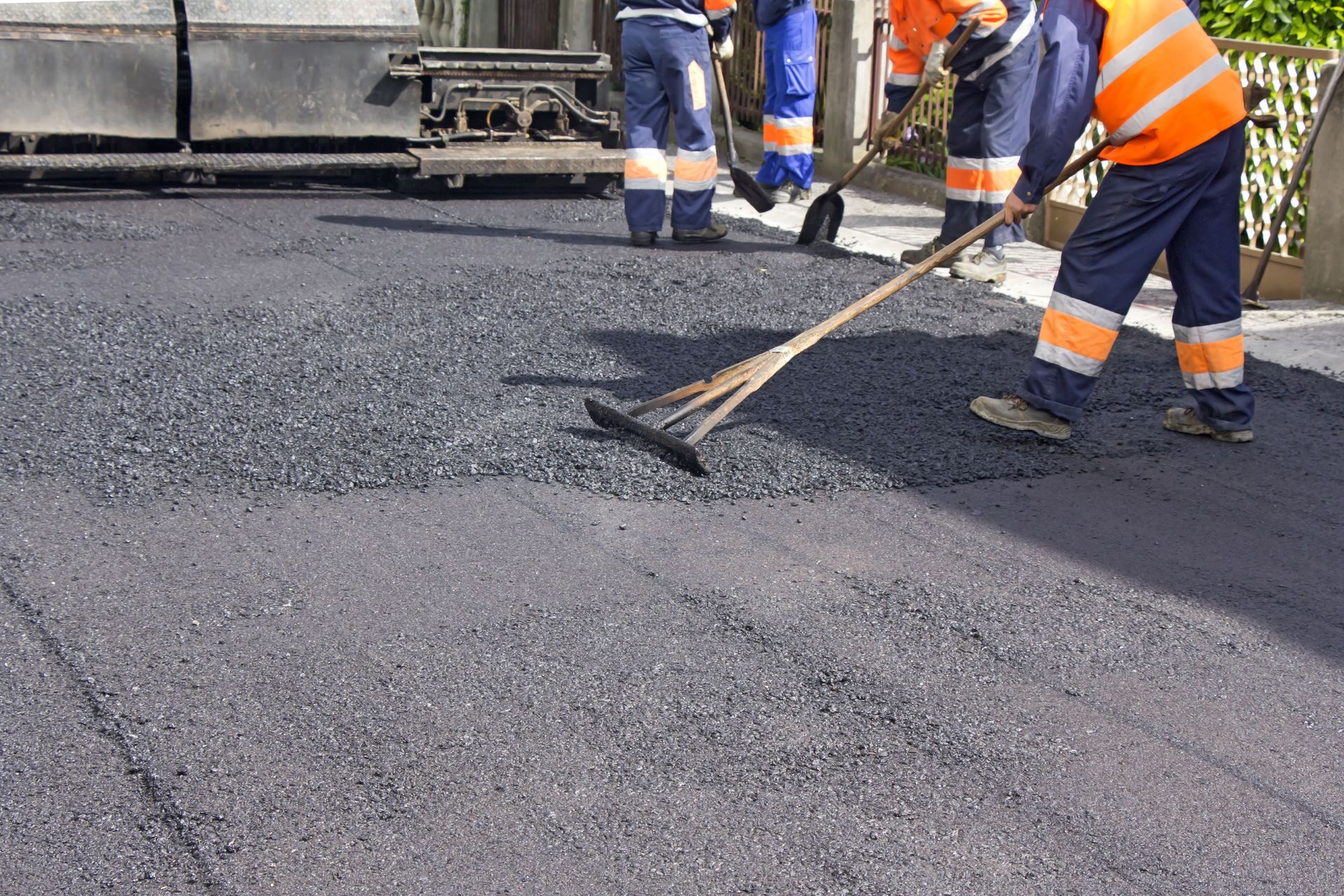
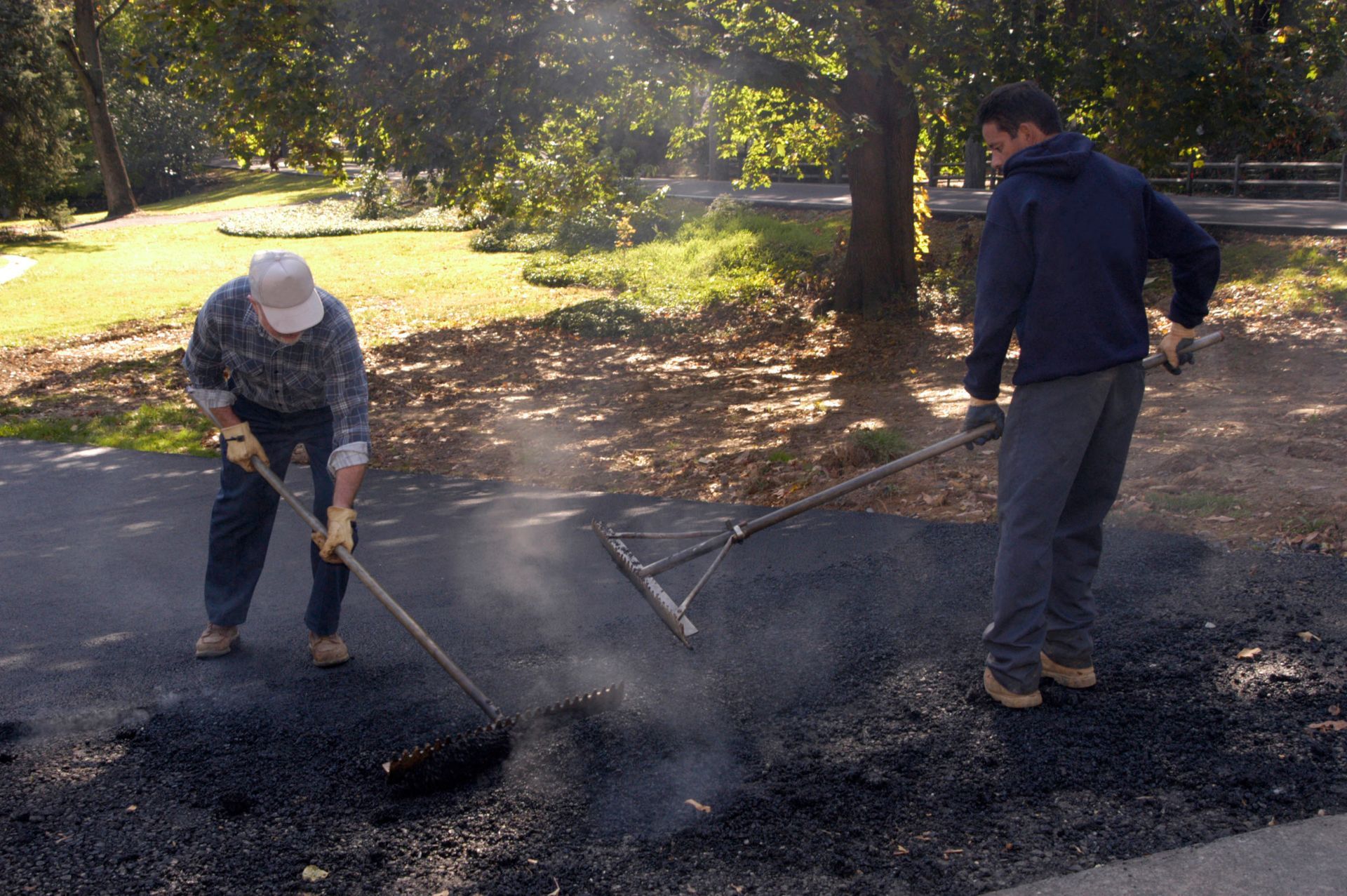
Share On: